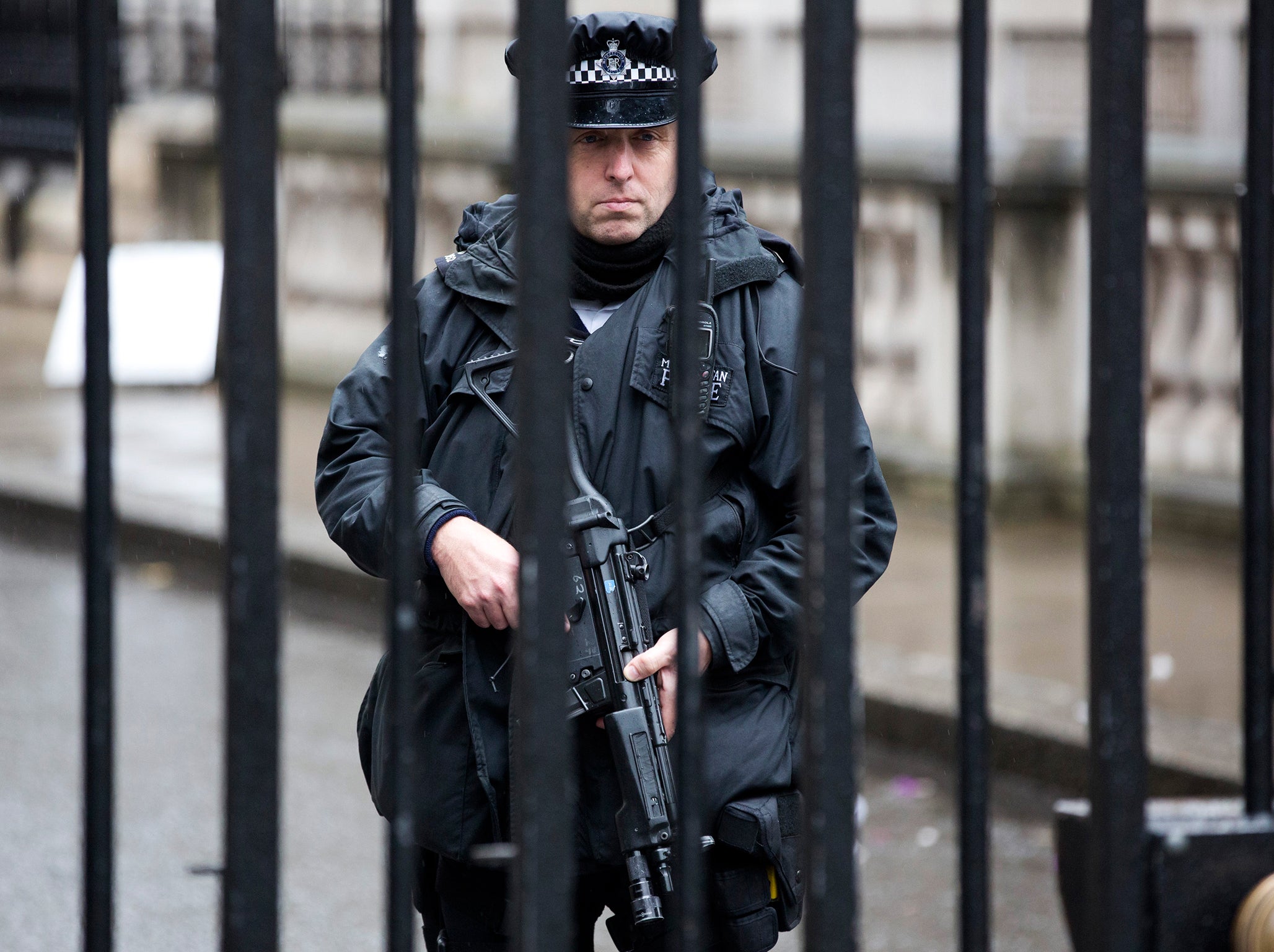Snooper's charter gives tax authorities and immigration officers power to hack into people's phones and computers
The draft Investigatory Powers Bill hands out sweeping powers for 'interference' — or hacking — to a huge range of public bodies

Your support helps us to tell the story
From reproductive rights to climate change to Big Tech, The Independent is on the ground when the story is developing. Whether it's investigating the financials of Elon Musk's pro-Trump PAC or producing our latest documentary, 'The A Word', which shines a light on the American women fighting for reproductive rights, we know how important it is to parse out the facts from the messaging.
At such a critical moment in US history, we need reporters on the ground. Your donation allows us to keep sending journalists to speak to both sides of the story.
The Independent is trusted by Americans across the entire political spectrum. And unlike many other quality news outlets, we choose not to lock Americans out of our reporting and analysis with paywalls. We believe quality journalism should be available to everyone, paid for by those who can afford it.
Your support makes all the difference.Tax and immigration officers will be allowed to hack into people's phones when the UK's new spying laws are passed.
The draft Investigatory Powers Bill hands over huge new powers to public bodies, allowing a range of them to engage in "equipment interference", or hacking.
As well as police forces, those new powers are granted to tax authorities at Revenue and Customs, and immigration officers. It also includes customs officials and the chair of the Competition and Markets Authority, a Government body that is meant to stop anti-competitive behaviour.
The full list also includes all major police forces, including the British Transport Police and the various military police forces.
The proposals also hand over the power to many police forces that allow them to see people's entire internet browsing history.
Join our commenting forum
Join thought-provoking conversations, follow other Independent readers and see their replies
Comments